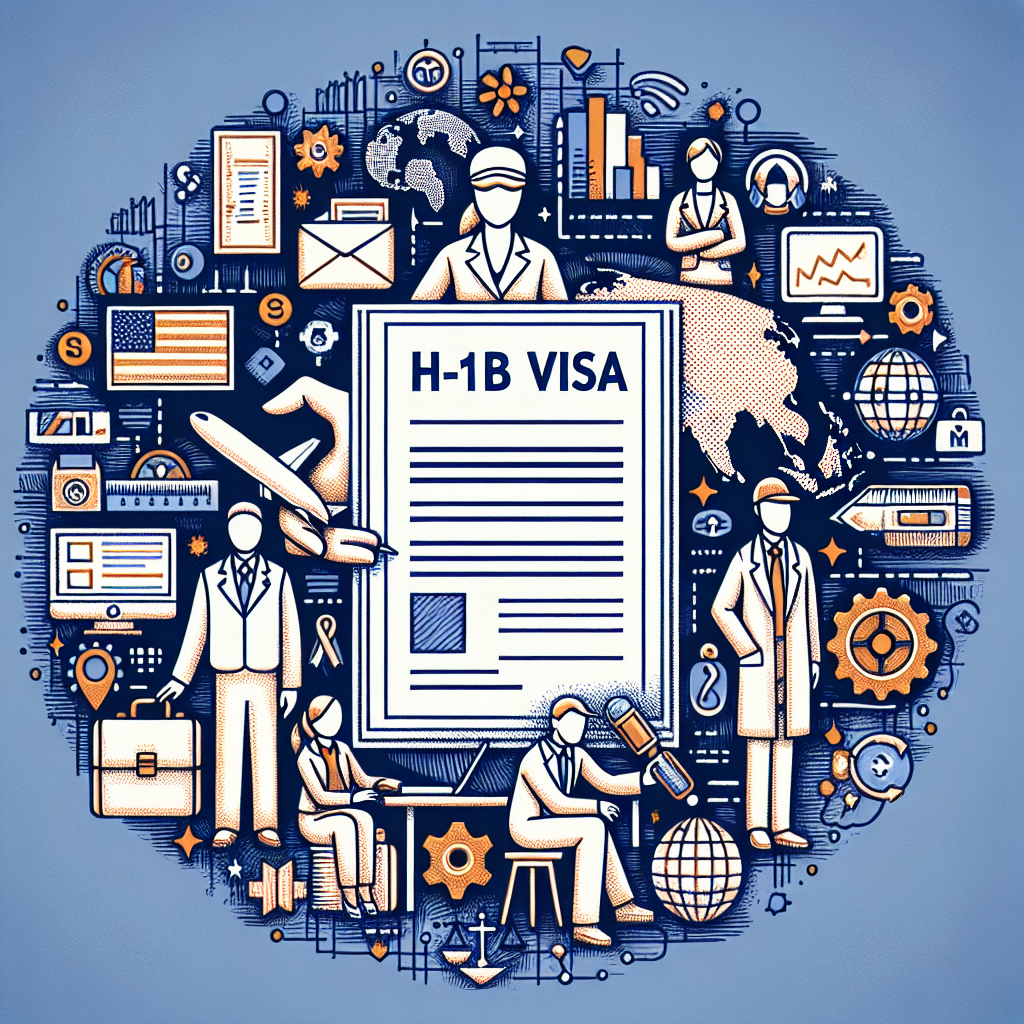Finance Firms Brace for H-1B Visa Overhaul Impact
The Trump administration's H-1B system overhaul, imposing a $100,000 fee, could challenge the finance industry, particularly in hiring. Financial firms, heavily reliant on H-1B visas, face increased costs that technology companies can better absorb. This fee could push banks to seek talent offshore, impacting investment banking and finance roles.

The Trump administration's revamp of the H-1B visa system is set to significantly impact the finance industry, which now faces potential hiring difficulties due to the new $100,000 fee. Financial firms are major users of these visas, awarded via an annual lottery, despite tech companies being the predominant users. In 2025, the top ten U.S. financial institutions secured about 12,000 H-1B visas, with JPMorgan obtaining 2,440.
David Wagner, head of equities at Aptus Capital Advisors, suggests that banks face a higher burden than tech companies owing to the increased cost. Many tech firms report record profit levels, shielding them from this one-time expense. According to Prospect Rock Partners, significant numbers of H-1B visa holders are engaged in engineering and technology roles crucial to banking and finance sectors, including developing quantitative models and risk management systems. Prospect Rock's managing partner, Meridith Dennes, argues that this fee renders hiring for entry-level H-1B roles almost impossible.
Tim O'Brien from Morningstar DBRS indicates the fee may prompt banks to shift certain tech functions offshore. Similarly, JPMorgan CEO Jamie Dimon noted this issue would be addressed with policymakers. The Trump proposal aims to prioritize higher-skilled workers and curb wage suppression, opening more opportunities for domestic tech workers. Alternatives include exploring different visa categories and green card sponsorship, as suggested by immigration consultancy partner Bo Cooper from Fragomen.
(With inputs from agencies.)










